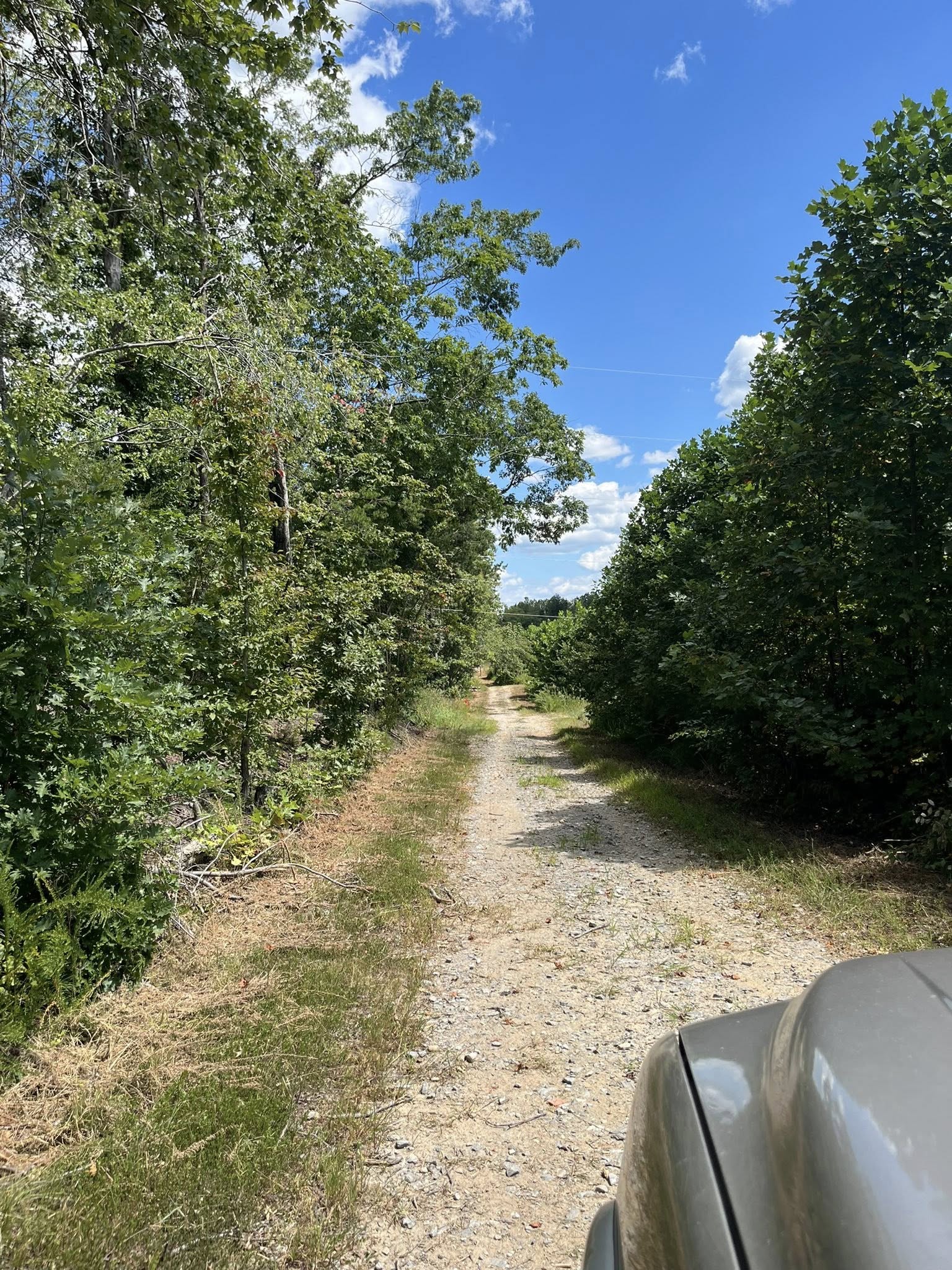
Transforming Landscapes: Innovative Land Management Practices for the Future Nov 09, 2025
The journey to transforming landscapes begins with a comprehensive assessment. At Southside Land Management, this involves a detailed analysis of the land's topography, soil composition, and existing vegetation. Understanding these elements is critical to formulating a tailored approach that ensures sustainability. A thorough assessment allows land managers to identify areas that require intervention and those that can be enhanced through natural processes.
One of the key innovative practices in land management today is the use of technology for precision land management. Digital mapping and Geographic Information Systems (GIS) are powerful tools that provide detailed landscape data. These technologies allow for meticulous planning and can identify potential issues such as water drainage problems or soil erosion areas. By employing these tools, Southside Land Management can design solutions that are cost-effective and environmentally friendly, ensuring the health and longevity of the land.
Sustainability remains a central theme in modern land management. Water conservation strategies are at the forefront of sustainable practices. Implementing efficient irrigation systems, such as drip irrigation, can significantly reduce water consumption. Furthermore, using native plants that are well-adapted to the local climate and require less water and maintenance, enhances ecological balance. At Southside Land Management, creating landscapes that thrive under minimal intervention is a primary goal, reducing the environmental impact while preserving natural resources.
Soil health is another critical factor in land management. The practice of regenerative agriculture focuses on restoring soil health and fertility through natural processes. This includes crop rotation, cover cropping, and reduced tillage, which can all contribute to increased biodiversity and improved soil structure. Southside Land Management advocates for practices that build soil resilience, allowing the land to support robust plant growth and withstand environmental stresses.
Community involvement and education are vital components of innovative land management. By engaging local communities and stakeholders, Southside Land Management fosters a deeper understanding and respect for the environment. Educational workshops and outreach programs can empower individuals to adopt sustainable practices in their own spaces, contributing to the larger goal of environmental conservation.
The future of land management is promising, with technological advancements and sustainable practices leading the way. As we embrace these changes, companies like Southside Land Management play a crucial role in ensuring that landscapes are not only beautiful and functional but also resilient and sustainable. By focusing on innovative practices that enhance natural ecosystems, land managers can create environments that are both aesthetically pleasing and environmentally responsible.
In conclusion, transforming landscapes through innovative land management practices requires a combination of technology, sustainability, and community engagement. Southside Land Management is committed to these principles, paving the way for a more sustainable future. By integrating these modern techniques and fostering a strong connection with the community, we can ensure that our landscapes remain vibrant and healthy for generations to come. Embracing these changes isn't just beneficial—it’s essential for preserving our natural world.
/filters:no_upscale()/filters:format(webp)/media/0d67db5b-f50f-4fd5-966b-bb5cd6ac3ecd.jpeg)
/filters:no_upscale()/filters:format(webp)/media/59a6df6e-1a2a-4086-a312-337dd84a88d8.jpeg)